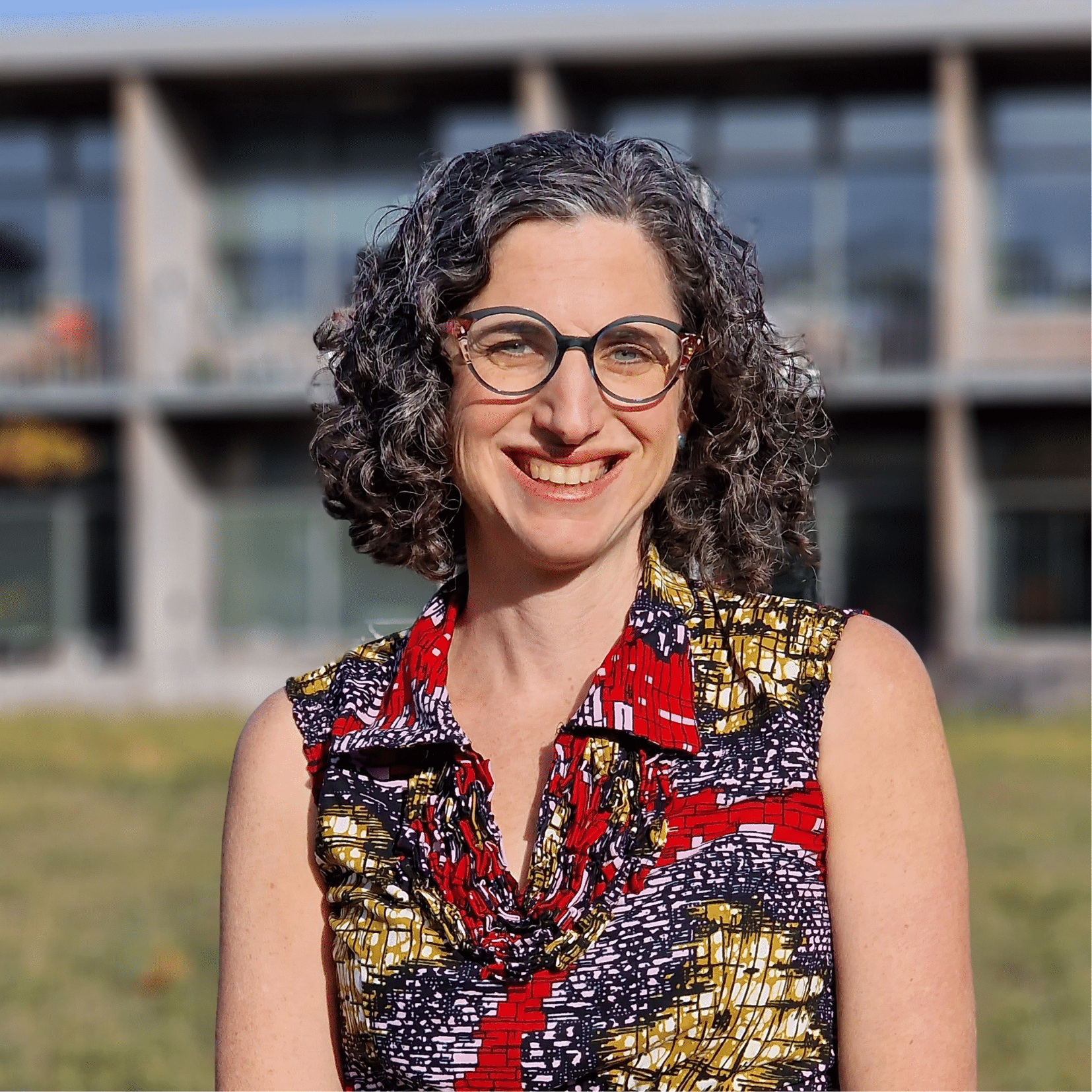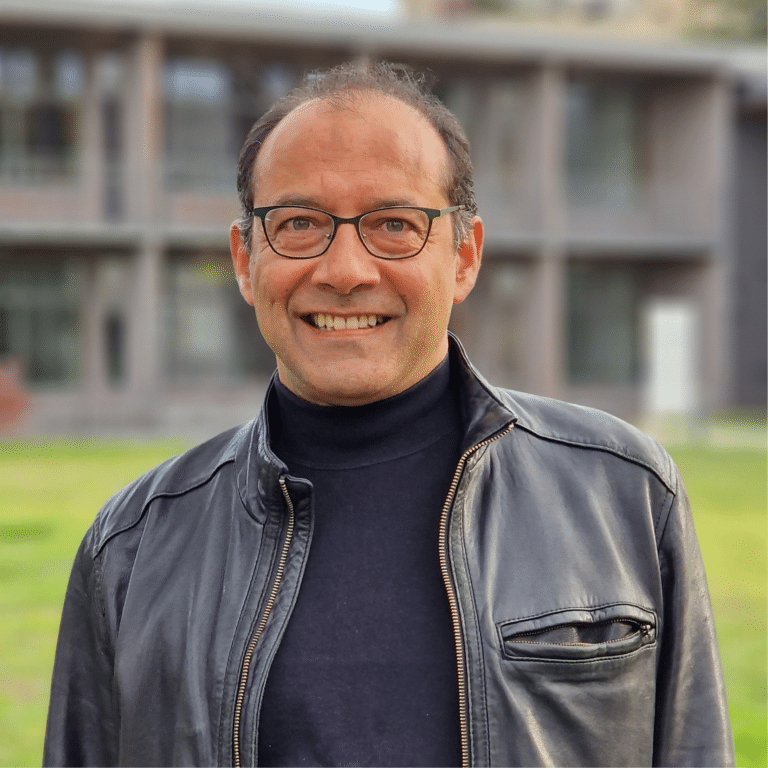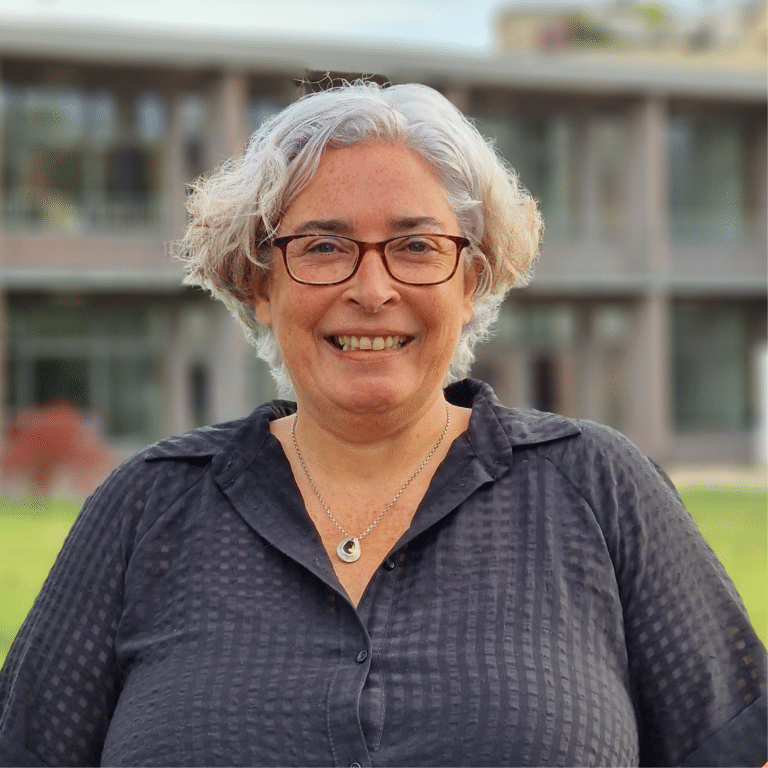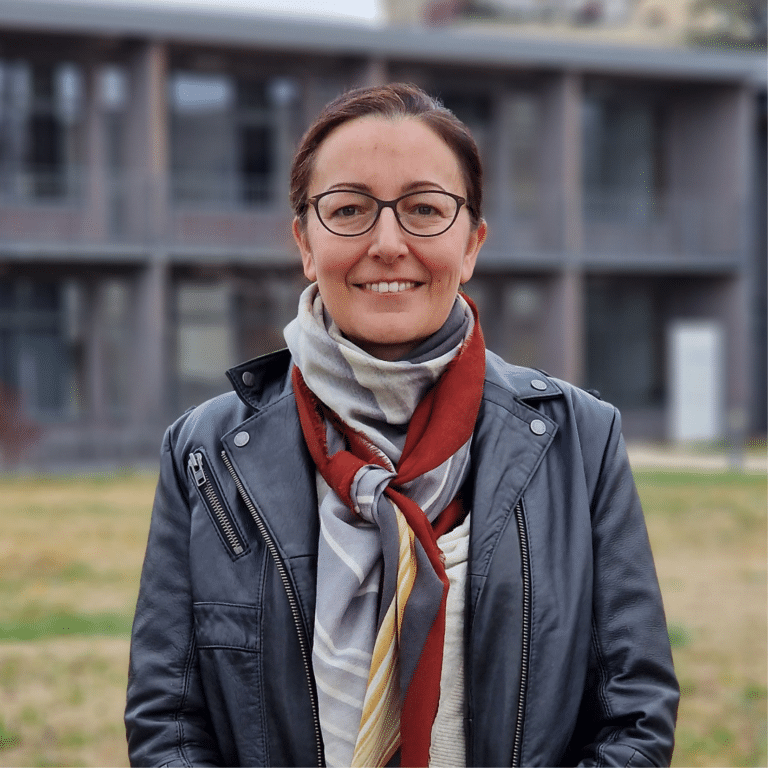
Credit: Andonian Timothée / Iméra
Julie Weise
Research project
Guest Worker: A History of Ideas, 1919-75
Summary of the research project
When global migration ground to a halt at the start of the coronavirus pandemic, one category of person continued to cross borders with little interruption: explicitly temporary migrant laborers, often called “guest workers.” The U.S. certified more temporary agricultural worker positions in spring 2020 than it had the prior spring, while South Africa quickly devised a program to screen foreign mining and agricultural workers on their way back into the country. German agriculturalists chartered private planes to fly in migrant farmworkers while France reopened its borders to them just in time for the spring harvest. For their part, these workers and, in many cases, their governments signed onto migrant routes despite the high risk of coronavirus outbreaks in cramped housing, transportation, and working conditions.
The research project to be conducted at the Institute for Advanced Study of Aix-Marseille University (Iméra) will provide cross-cultural historical context for the ubiquity of so-called “guest workers” in modern societies—a story in which France played a pivotal role.
The project comprises archival research, writing two chapters of a monograph on the topic, and engaging with Marseille’s academic and immigrant communities to expand intellectual networks and highlight all that the United States and France can learn from each other’s labor migration histories.
The Swiss social critic, Max Frisch wrote of guest workers in 1965, “We called for labor, but human beings came.” Yet to date, no scholarship considering guest workers on a global scale has centered those human beings. Prof. Weise’ research project, “Guest Worker,” asks: How did the temporary migrant worker become such an indispensable part of the world’s economy, society, and culture? What role did migrants themselves play in its entrenchment? How have workers interpreted their own participation in these programs, and how have their worldviews and actions influenced the programs’ trajectories? What strategies have these workers used to exercise a modicum of power within legal regimes specifically designed to disempower them?
Contrary to popular and scholarly ideas about France’s focus on assimilation, Prof. Weise argues that not only did France pioneer the concept of the bilateral temporary labor migration treaty in the interwar years, but other countries deliberately emulated its recruitment agreements as the concept spread around the globe. In the decades after World War II, France hosted Europe’s largest transborder migrant agricultural workforce, which hailed from Spain. Despite their numbers, little has been written about this group. Positioning France’s migrants and bureaucrats as key actors in the global history of temporary workers refocuses French immigration history and newly illuminates contemporary migration patterns in both France and the world.
Biography
Julie M. Weise is Associate Professor of History at the University of Oregon. Her first book, Corazón de Dixie: Mexicanos in the U.S. South since 1910 (University of North Carolina Press, 2015), received the Merle Curti Award for best book in U.S. social history from the Organization of American Historians among other honors. The NEH OpenBook program has supported a permanent open-access version of the entire book.
Her current project, “Guest Worker: A History of Ideas, 1919-75,” explores the histories of transborder labor migrants in the Americas, Europe, and southern Africa. Weise’s research has been supported by the National Endowment for the Humanities and the School for Advanced Research in Santa Fe. Her public history work on the youth-focused “Nuestro South” podcast and Youtube series has been supported by the Whiting Foundation. Together with colleagues in History and Sociolinguistics, she has pioneered a bilingual Latino History college curriculum, which can be found as an open access resource at http://historyinspanglish.org



